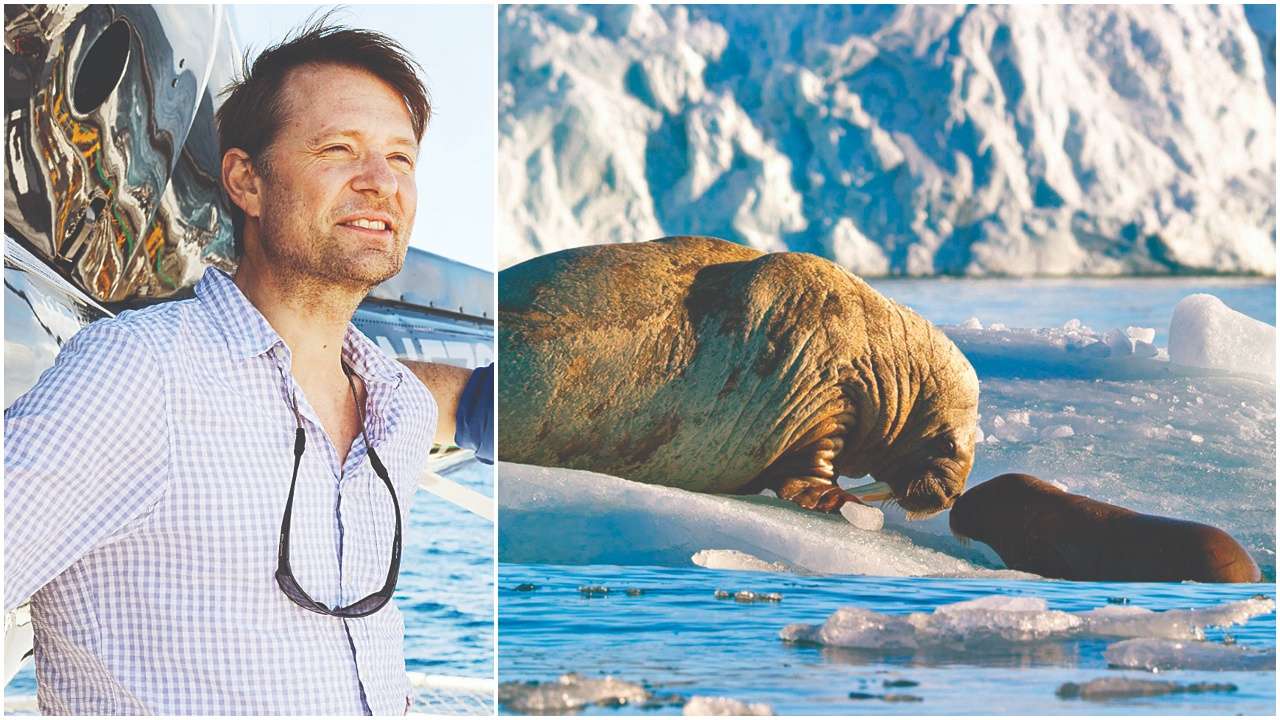
The internationally-acclaimed series, Blue Planet II is a seven-part series that showcases the richness and variety of underwater life across our planet. With the Godfather of natural history Sir David Attenborough as the narrator and music by legendary composer Hans Zimmer, Blue Planet II has been shot over 1,406 days with 125 expeditions across 39 countries. The series is all set for the Indian television premiere in June on Sony BBC Earth. Producer of the series, Mark Brownlow tells us more about the series...
We have been delighted by the response we have been receiving around the world. In the UK, the series was the most-viewed programme in the last three years. In China, over 200 million people have watched it. So, it seems to have really captured the imagination of a vast global audience, which is wonderful.
The whole series was a massive undertaking. Filming the ocean is so much harder than the land because of the vagaries like currents, and weather etc. I suppose the most ambitious shoot we launched was in Antarctica where we became the first people in history to dive till the bottom of the seabed. We had to contend with the cold and icebergs. We weren’t sure how the submarines would react to these conditions.
In fact, we even sprung leaks whilst we were diving. So, it was pretty scary stuff, but we managed to succeed. The deep ocean holds more life and coral reefs than the shallows, which is extraordinary.
I think it was the understanding of how complex the marine creatures truly are. For instance, the common octopus in South Africa can defend itself against shark attack by arming itself in a body armour shell that it collects off the seabed. There are Tuskfish on Australia’s Great Barrier Reef that use stones to smash open clams. I think, to me, the great surprise was how sophisticated and intelligent marine creatures truly are.
Absolutely. Camera sensors are so sensitive now, that we can film in pitch darkness and still capture everything. That would never have been possible even three years ago.
It’s a massive privilege and responsibility to be charged with making the new Blue Planet for a new generation. I am a biologist and fascinated by marine life, but I’m also fascinated by filmmaking. It’s a real honour to be able to combine those two passions.
We never intended to make a campaign series. It was always a celebration of the wonders of the oceans, but over the course of filming, we witnessed the coral bleaching effect on the Great Barrier Reef; it’s filled with plastic. It is important to us that we give a contemporary and truthful depiction of the state of the oceans as they are today. We wanted the audience to gain appreciation of how wonderful the oceans are, but also how fragile they are and how much trouble they are in.